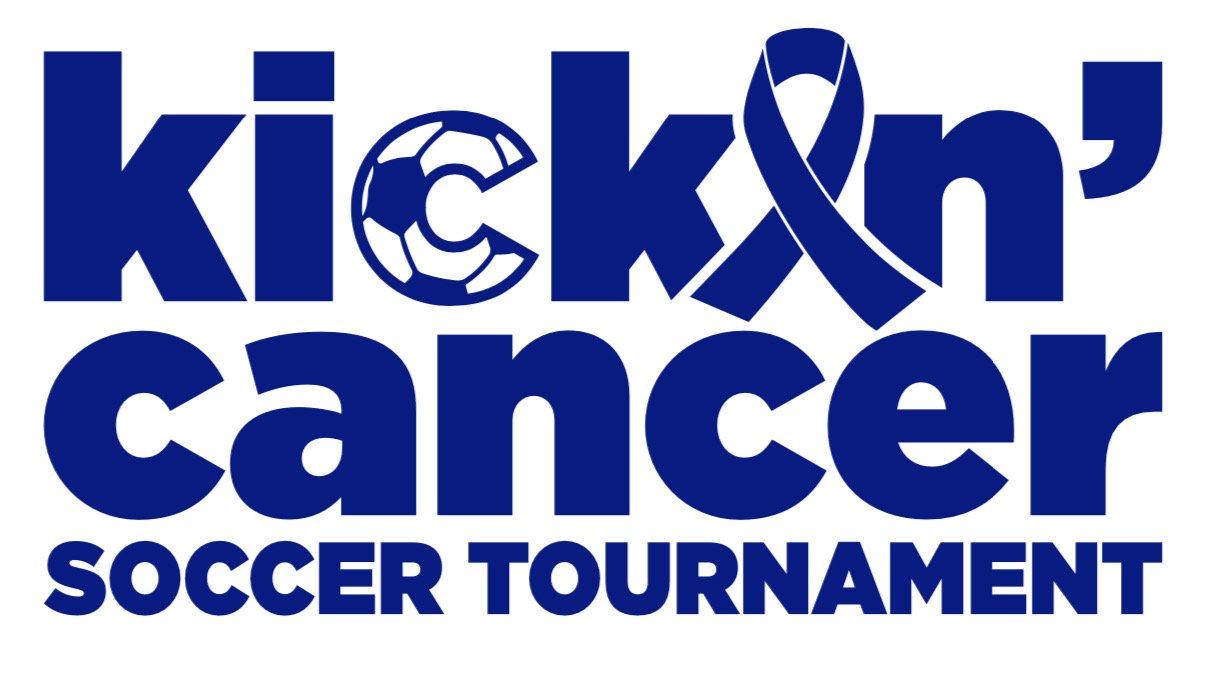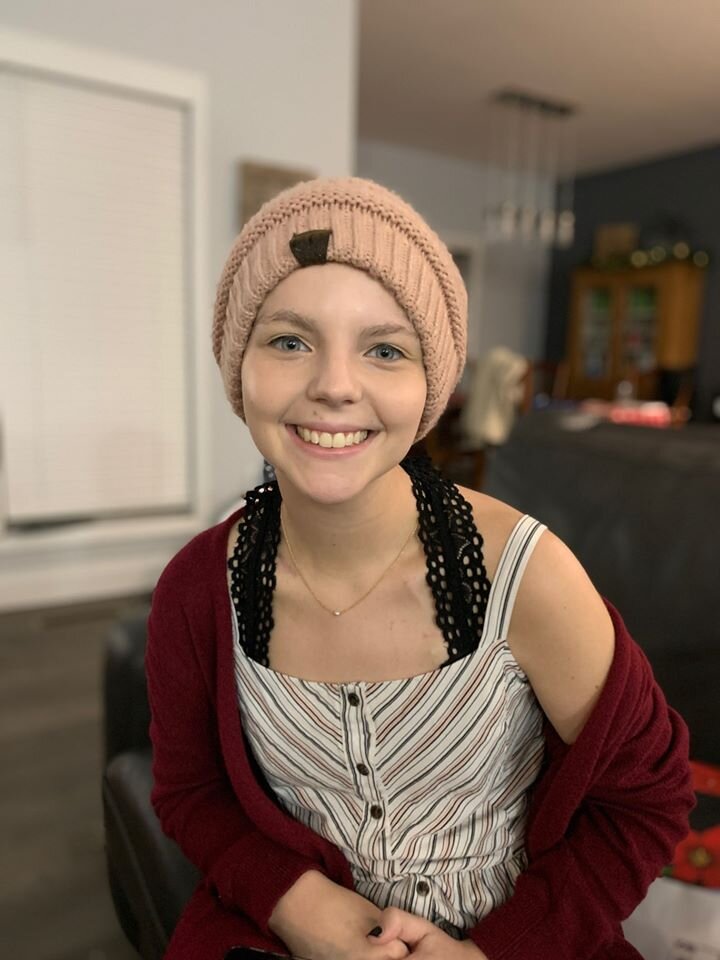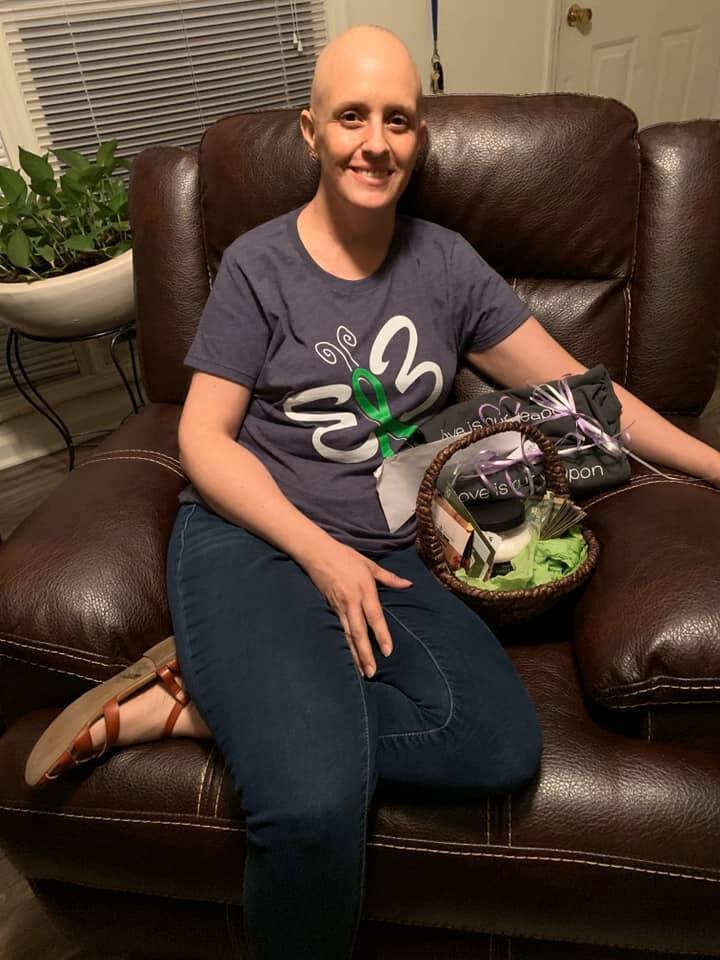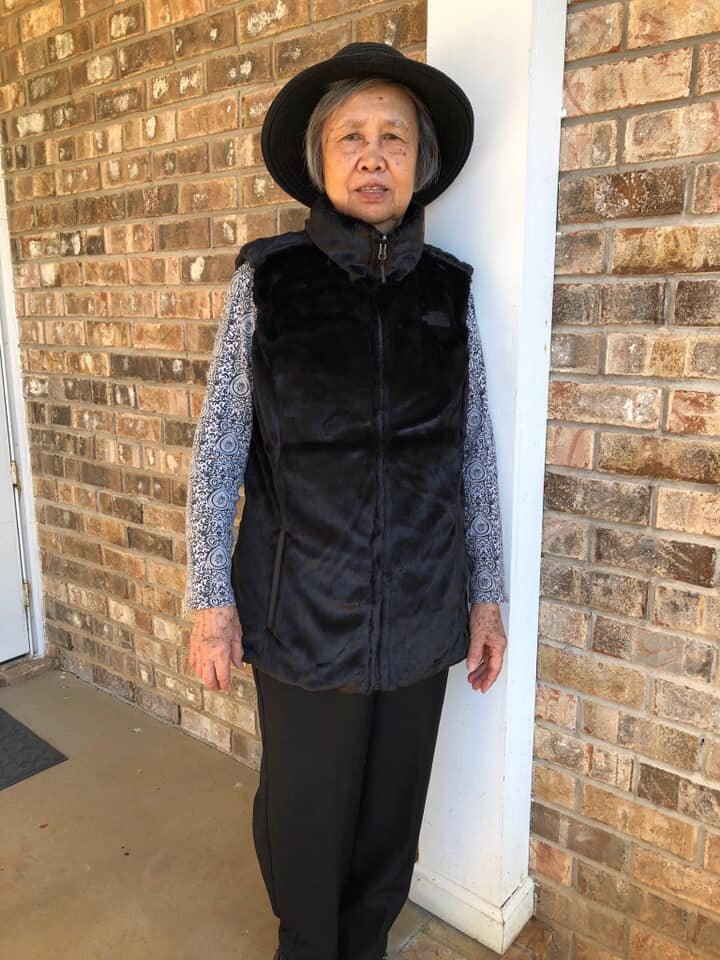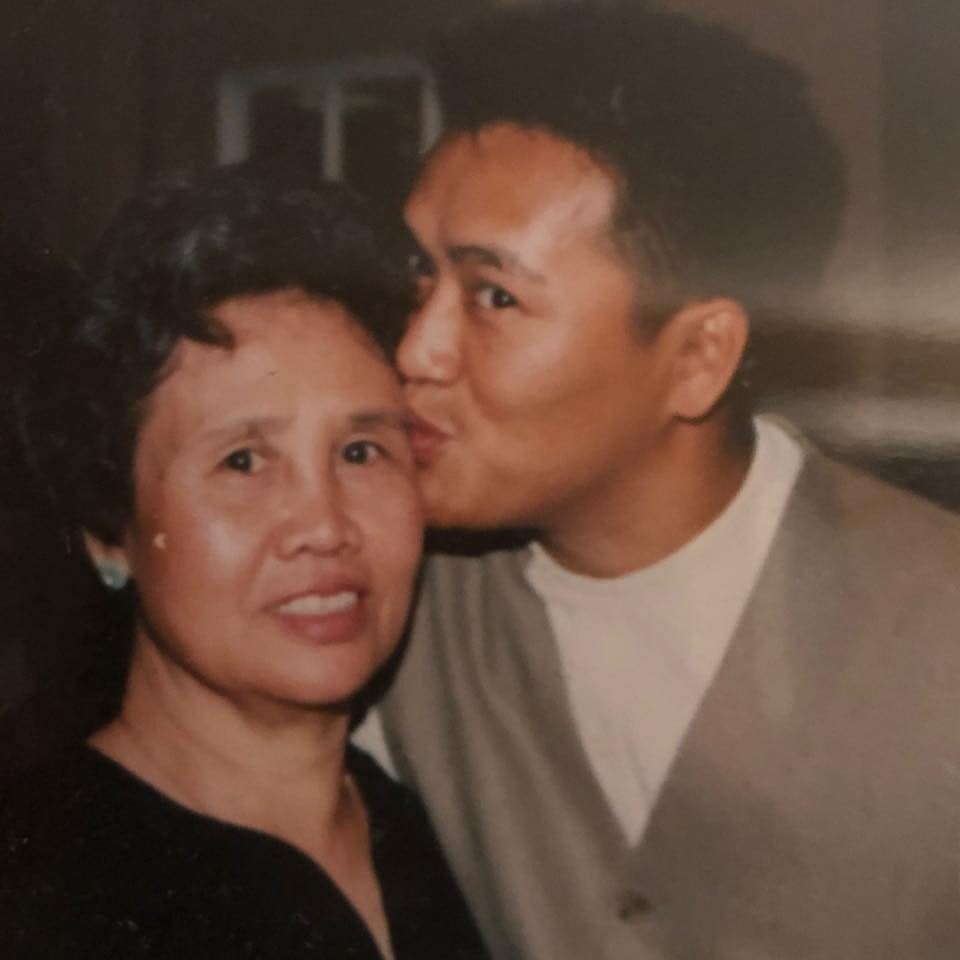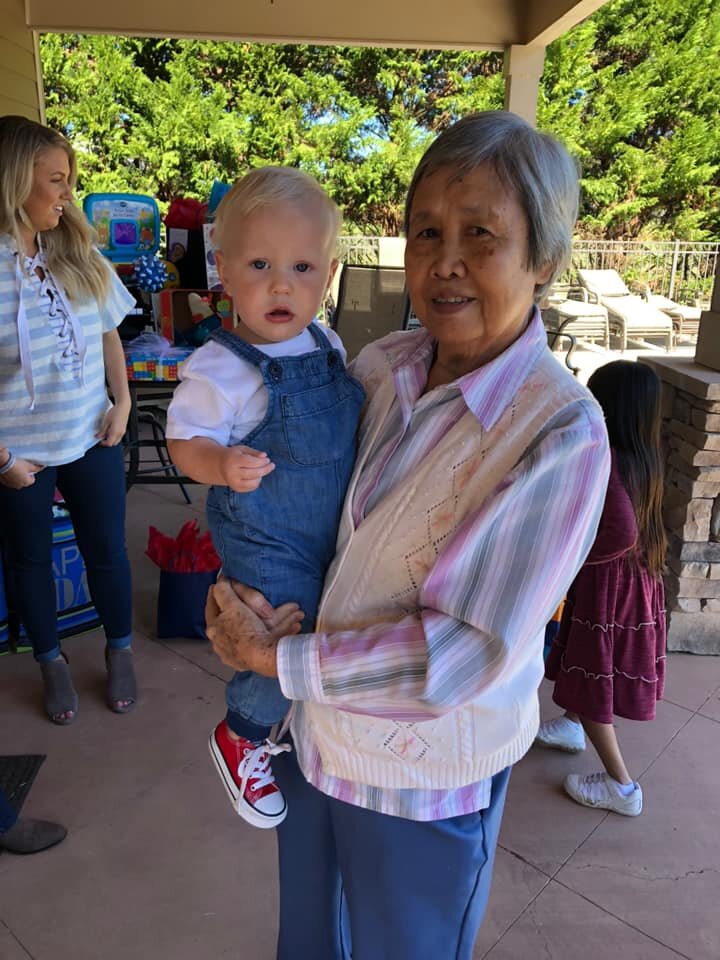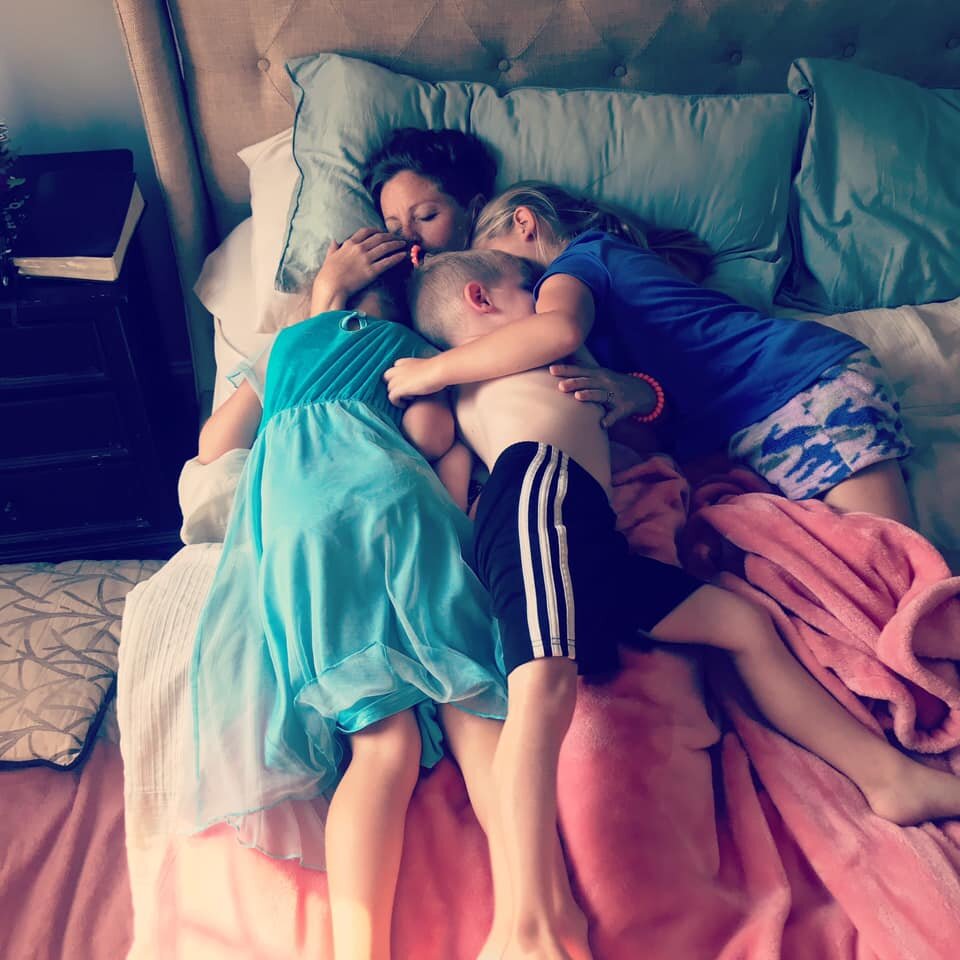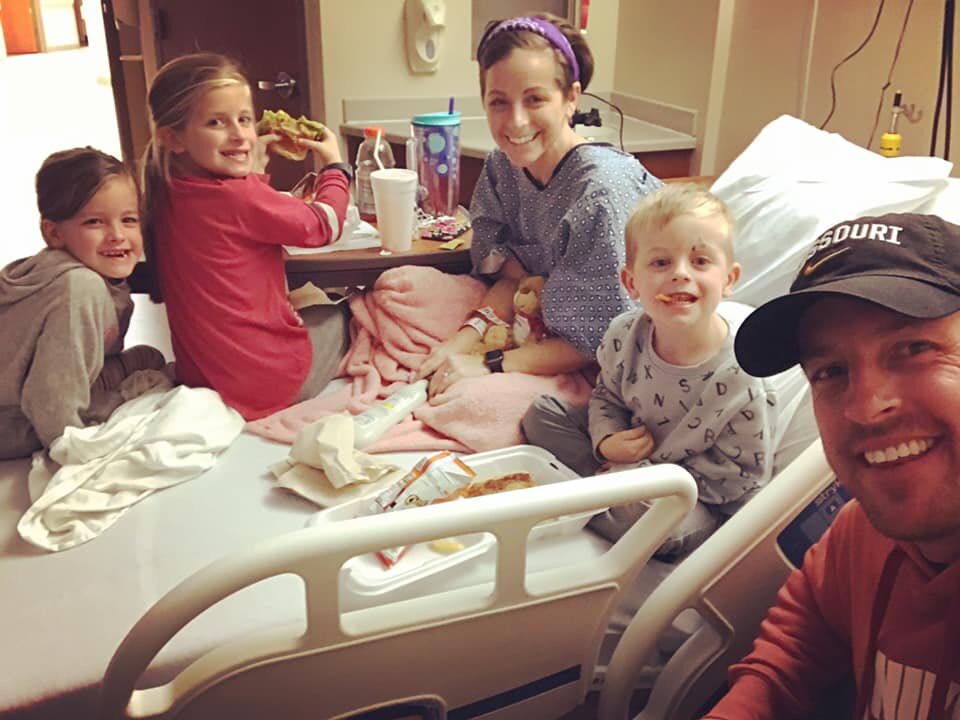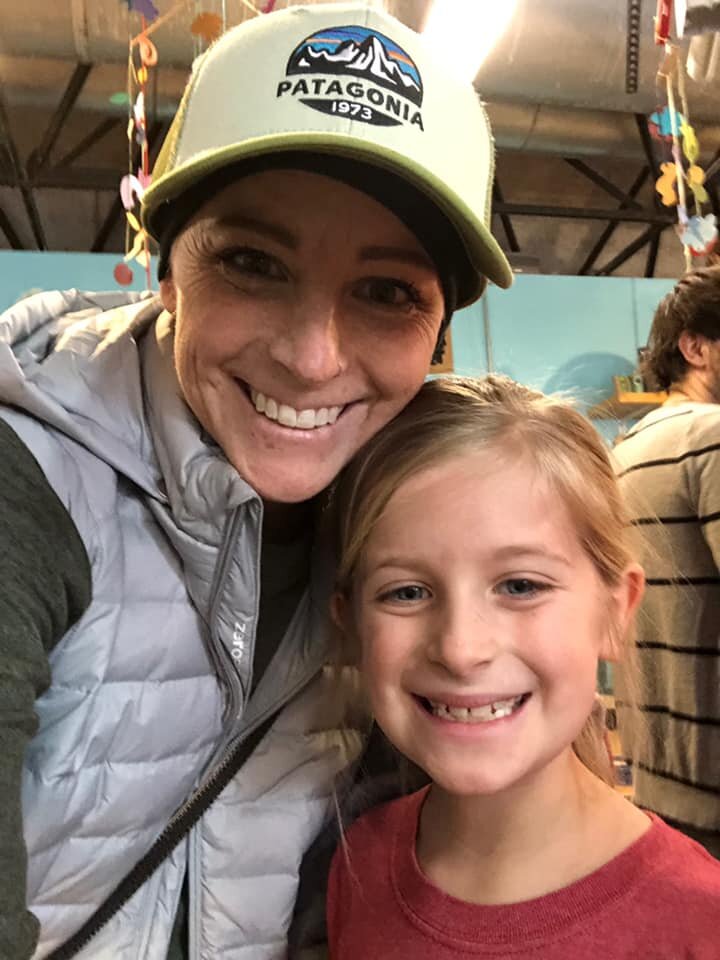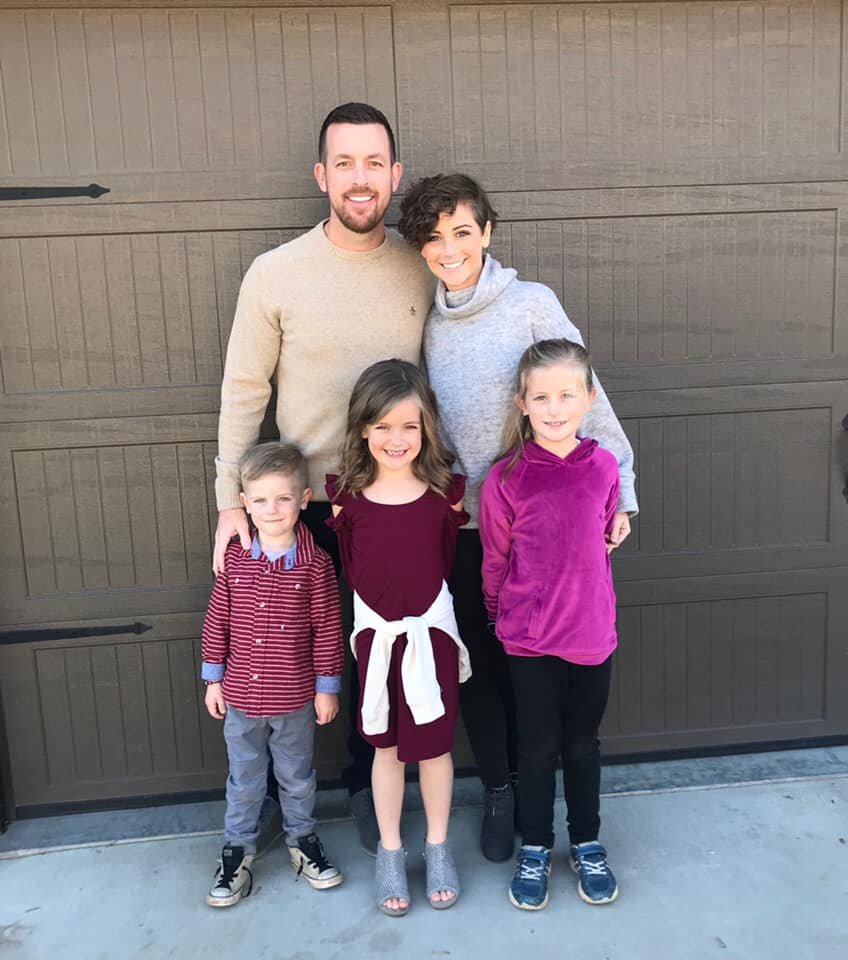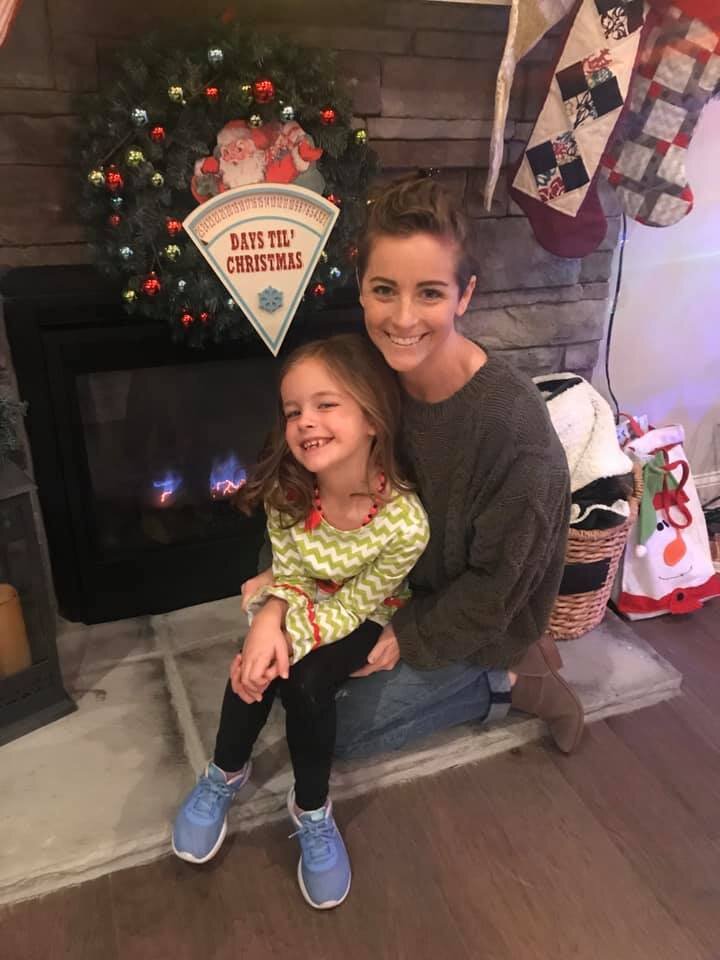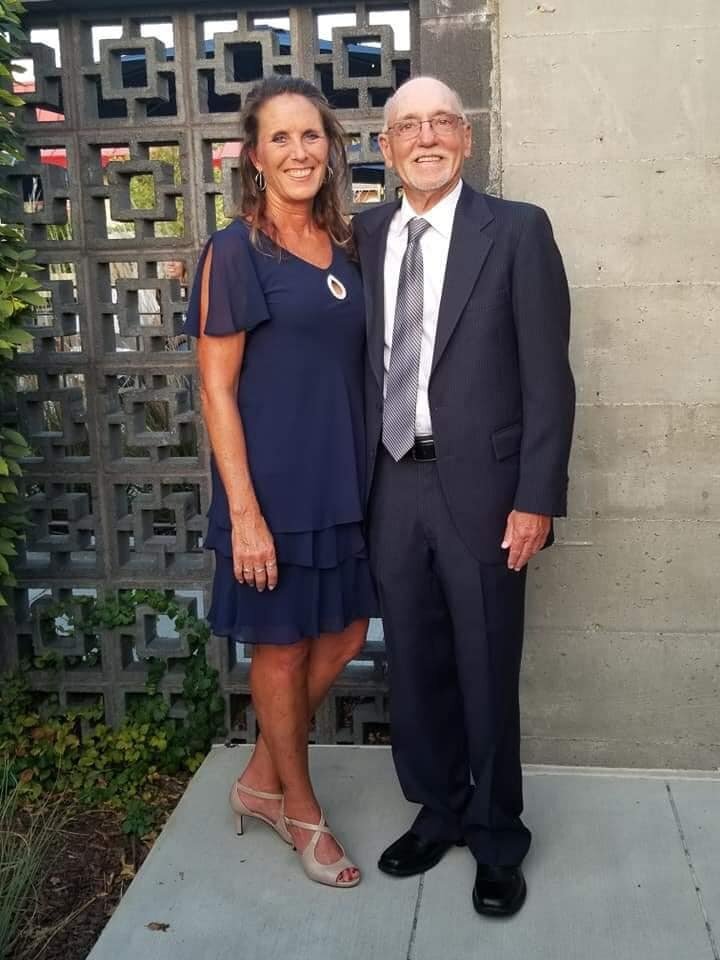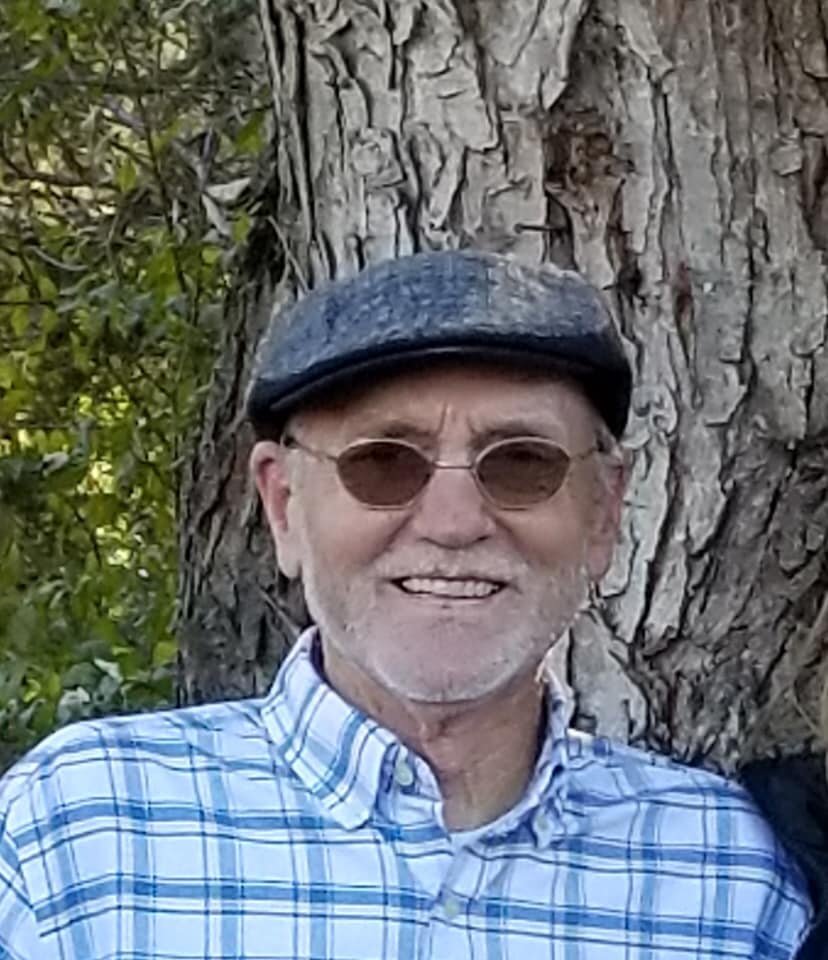Mary Melendez de Valdivia
Mary Valdivia had always wanted things to be as normal as possible, so during her final chemotherapy treatment on Oct. 4, when her doctor told her she could finally attend her children's soccer games, Valdivia chuckled.
She'd been diagnosed with T-cell lymphoma in late May, underwent chemotherapy treatment from June through October and had been instructed to not expose herself and stay inside as much as possible.
Her doctor, however, didn't know Valdivia, 44, had been to all of her daughter's soccer games this season, including away games as far away as Chattanooga. She'd usually sit in the back of the bleachers with her husband, Jesus, 45, so she'd limit her risk of exposure to bacteria. She rarely shook people's hands. She always carried hand sanitizer in her purse.
She wanted her life to be as normal as possible, especially for Alexa, because she remembered how her daughter had reacted, and how she behaved over the summer, when she was diagnosed. The isolation, the crying and the times she never ate.
One day in April 2019, Valdivia went to her doctor after noticing she had several tiny lumps around her neck. The doctor said it was likely allergies and gave her allergy medication. Three weeks later, she went to the emergency room after she woke up with more lumps.
She looked like a boxer, Valdivia remembered, because of how swollen her neck was.
A biopsy was performed a few days later. The cancer diagnosis came a few weeks after that.
"When you hear the word, 'cancer,' you get scared," said Valdivia, whose scars from the biopsy are visible on her neck. "Alexa didn't want to talk much about it at the beginning. She didn't want to think of cancer."
Alexa had grown up with her mom always being there: always taking her to school and picking her up, always at her soccer games. Always healthy. Always smiling.
But as spring turned to summer, Alexa saw her mom go through things she'd never endured. She saw her start chemotherapy at Tennessee Cancer Center, where she went for chemotherapy treatments. She saw her in bed more often, resting and napping because the first few treatments in June and July made her tired. She saw her mom lose her hair.
"You're very strong, Mom," Alexa liked to remind her as they lay in bed together, both of them trying to think and talk about anything other than cancer.
Valdivia, meanwhile, saw things from Alexa she'd never seen. Alexa locking herself in her room, crying by herself. She rarely ate and hardly spoke. She didn't attend her club soccer team's games or practices.
"All I wanted to do was stay with her, take care of her, and make sure she was OK and had everything she needed," Alexa said.
When July came and conditioning and practices were about to start for Hardin Valley, Valdivia asked her daughter for a favor.
"All my mom would say was she wanted me to keep playing for her, to keep playing for her," Alexa said.
Mary has remained incredibly strong and in December 2019 she was able to say, “My last studied came out that I am free of cancer cells. I am more grateful and blessed and loved by our lord Jesus. As difficult as it is a case, you never have to lose faith and the desire to keep fighting.”
